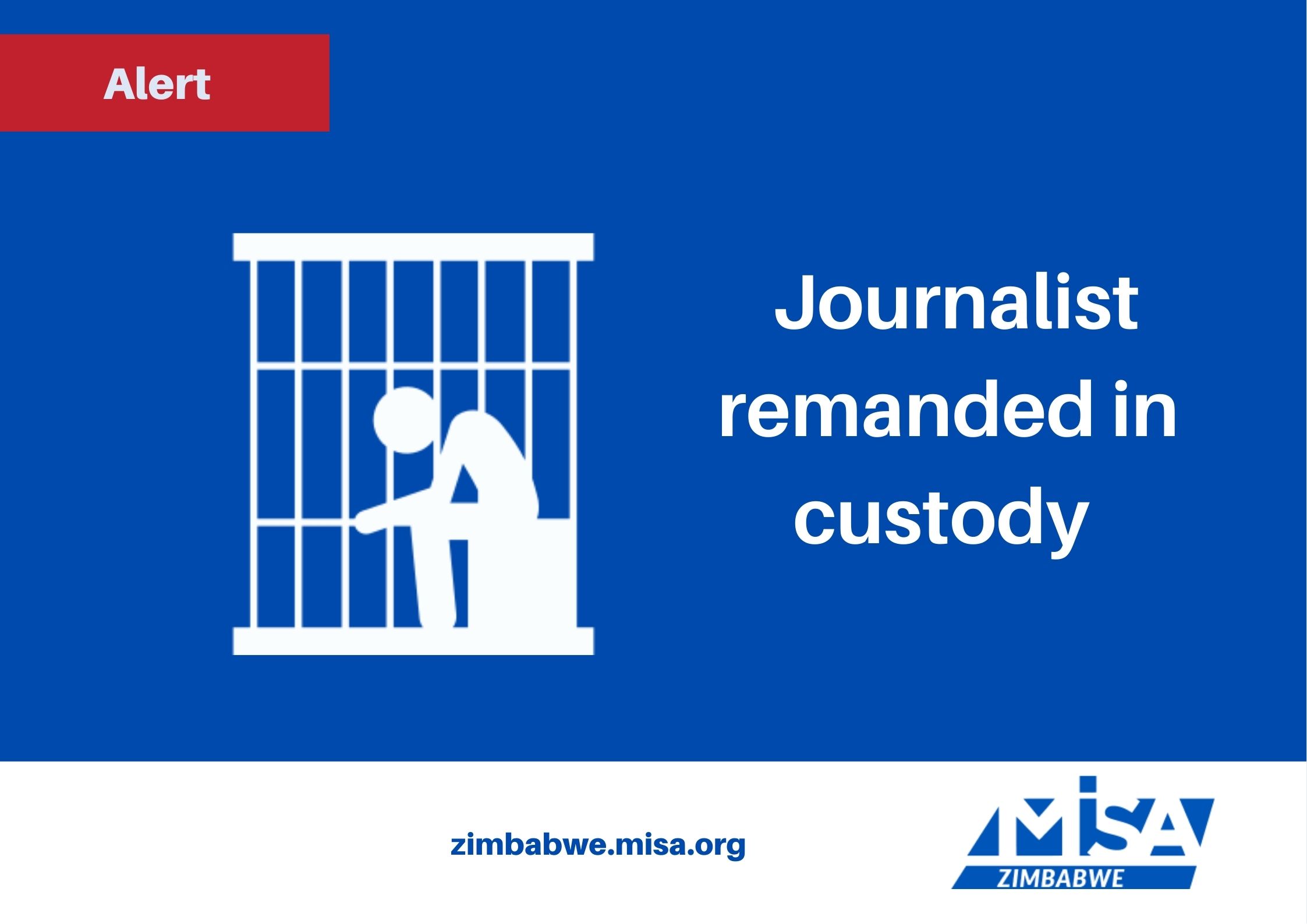A panel comprising journalists, media lecturers and representatives of civic society has noted that while relations between the media and government have relatively improved more still needs to be done to foster media freedom and the enjoyment of freedom of expression rights.
The panellists who met in January this year, under the auspices of the African Media Barometer (AMB) Zimbabwe, noted that the current Minister of Information, Publicity and Broadcasting Services, Monica Mutsvangwa, is “proactive” in engaging with journalists.
The findings covered the period between November 2015 – January 2020.
In a summary of their findings on the obtaining media situation, the panellists said there were cases where the Minister had intervened to prevent “threatened” arrests of journalists conducting their lawful professional duties.
It was noted that the ongoing engagements between the media and government were a positive departure from the animosity and suspicion that existed in the past.
“Government (weekly Cabinet) briefings are now open to all, and invitations to government functions are generally issued to all journalists and not just the state media.”
The report, however, notes government threats to clampdown on comments on social media and lack of diversity in the ownership of radio stations and that the content “still reflects the hand of government”.
Unlike other press surveys or media indices, the AMB is a self-assessment exercise based on homegrown criteria derived from African Protocols such as the Declaration of Principles on Freedom of Expression and Access to Information.
In that regard, the AMB is an analytical exercise to measure the media situation in a given country and serves as a lobbying tool for media reforms. The instrument was developed by the Friedrich-Ebert-Stiftung (FES) in Africa and the Media Institute of Southern Africa (MISA) in 2004.
MISA Zimbabwe, however, would like to put it on record, that some of the findings of the report have since been overtaken by events more so at it pertains to the media law reform processes which have seen the unbundling of the Access to Information and Protection of Privacy Act (AIPPA).
The report, in some instances, thus captures the situation as it obtained at the time of the convening of the AMB in January this year. This is due to the delays experienced in the printing and publishing of the report due to the unforeseen developments arising from the local and regional COVID-19 lockdown measures and regulations.
Meanwhile, the law reforms have since seen the enactment of the Freedom of Information Act. In October this year, the Zimbabwe Media Commission Bill sailed through the House of Assembly, on its way to the Senate.
On the broadcasting front, interviews were conducted by the Broadcasting Authority of Zimbabwe (BAZ), following submission of applications for the country’s first-ever commercial television stations.
In that regard, on 20 November 2020, BAZ announced that it had awarded six television licences following public interviews held in October 2020, to the following stations:
-
Acacia Media Group
-
Channel Dzimbahwe
-
Fairtalk Communications
-
Jester Media
-
Rusununguko Media
-
Zimbabwe Newspapers trading as ZTN
BAZ has also since called for applications for community radio stations.
In its way forward, the report notes, among other issues, lack of independence of the public broadcaster (Zimbabwe Broadcasting Corporation), poor media salaries and working conditions, declining journalism standards, media sustainability, especially for the print media, as some of the areas requiring attention.
Despite threats to clampdown on social media platforms, the report says, digital media, was assisting “under-represented” communities to tell their own stories. It further notes the government’s increased commitment to move ahead with much-needed law reforms, as a positive development.
There is also a need to reinvigorate discussions on the establishment of an Employment Council for journalists, invest in training for journalists while also improving collaborations between media houses and training institutions.













